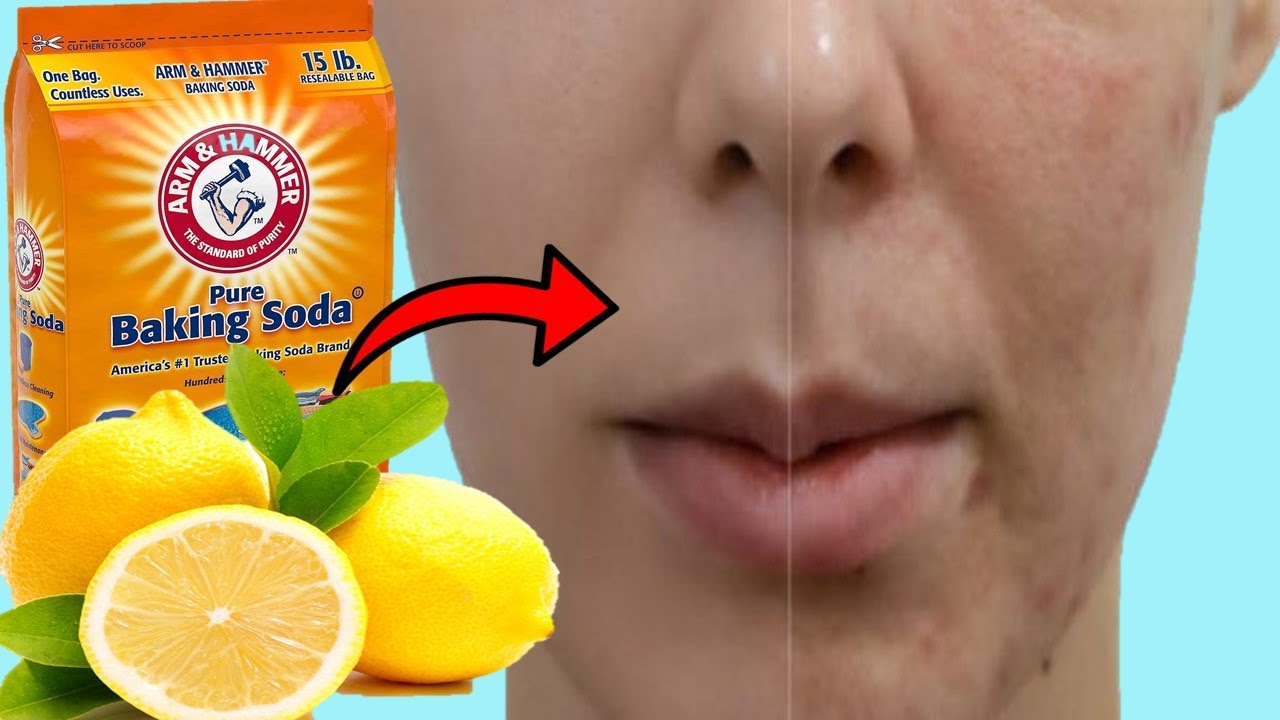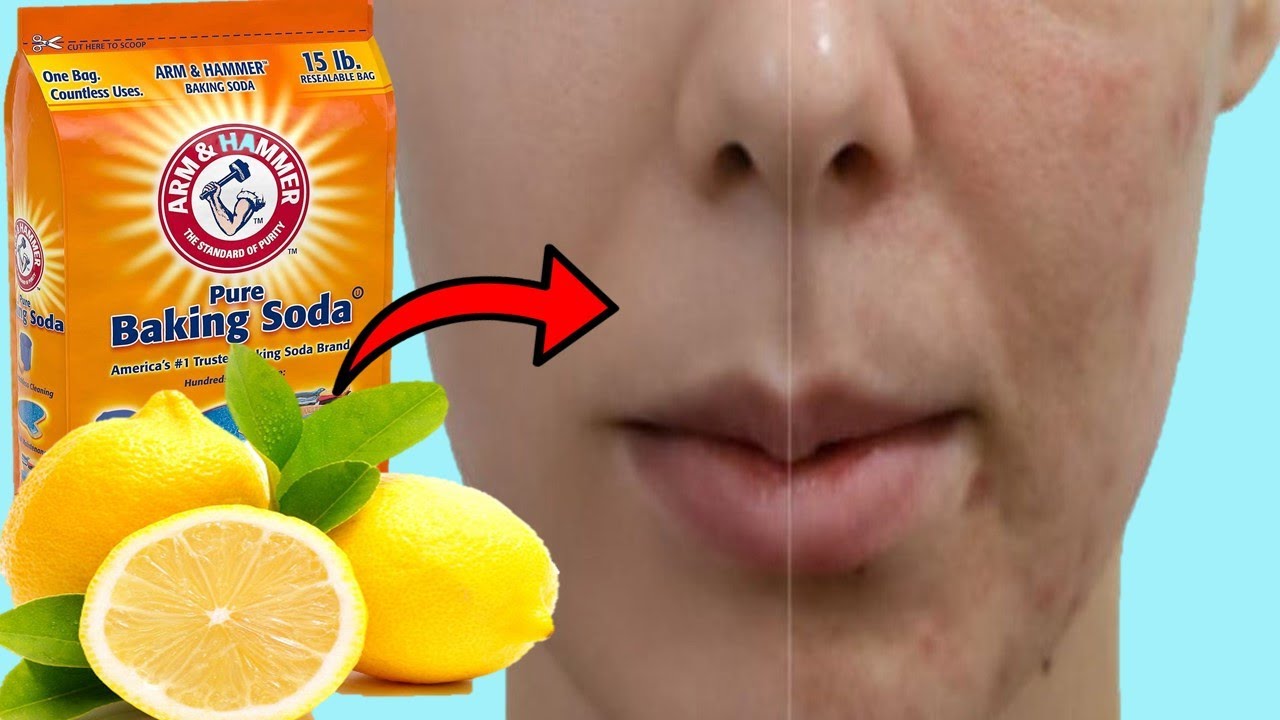
Acne scars and dark spots can be persistent and difficult to fade. However, using a combination of baking soda and lemon may help lighten these marks due to their natural bleaching and exfoliating properties. Here’s a simple method to incorporate these ingredients into your skincare routine to help improve the appearance of acne scars and dark spots.
Benefits of Baking Soda and Lemon for Skin
- Baking Soda: Acts as a gentle exfoliant that can help remove dead skin cells and encourage new cell turnover. This helps in gradually fading acne scars and evening out skin tone.
- Lemon Juice: Contains vitamin C and citric acid, which have natural lightening properties that can help brighten the skin and reduce the appearance of dark spots.
DIY Baking Soda and Lemon Mask for Acne Scars and Dark Spots
Ingredients:
- 2 tablespoons of baking soda
- Fresh juice from half a lemon
Instructions:
- Prepare the Mask:
- In a clean bowl, mix the baking soda with the lemon juice until you get a paste. The mixture should fizz initially; wait for it to settle down before applying.
- Cleanse Your Face:
- Before applying the mask, ensure your face is clean and free of any makeup or oils. Use a gentle cleanser and pat your skin dry.
- Application:
- Apply the mask evenly to your face, focusing on areas with acne scars and dark spots. Avoid the eye area as both lemon and baking soda can be irritating to the sensitive skin around the eyes.
- Leave it On:
- Let the mask sit on your face for no more than 5 minutes. Baking soda and lemon are both quite potent, and leaving them on for too long can cause irritation.
- Rinse Off:
- Rinse the mask off with lukewarm water, then splash your face with cool water to close your pores. Gently pat your face dry with a towel.
- Moisturize:
- Follow up with a hydrating moisturizer to soothe the skin and prevent dryness.
Precautions and Tips
- Skin Sensitivity Test: Always perform a patch test on a small area of your skin before using the mask on your face. Wait 24 hours to check for any adverse reactions.
- Sun Protection: Lemon juice can make your skin more sensitive to UV rays. Apply a broad-spectrum sunscreen during the day to protect your skin from sun damage.
- Frequency of Use: Due to its potency, use this mask once a week or less frequently depending on your skin’s tolerance. Overuse can lead to skin irritation and dryness.
- Nighttime Use: It’s best to use this treatment at night to avoid immediate sun exposure after using lemon on your skin.
By following this routine, you might notice a gradual improvement in the appearance of acne scars and dark spots. However, keep in mind that natural remedies can take time to show results, and consistency is key. If you experience persistent skin issues or irritation, it’s advisable to consult with a dermatologist.




